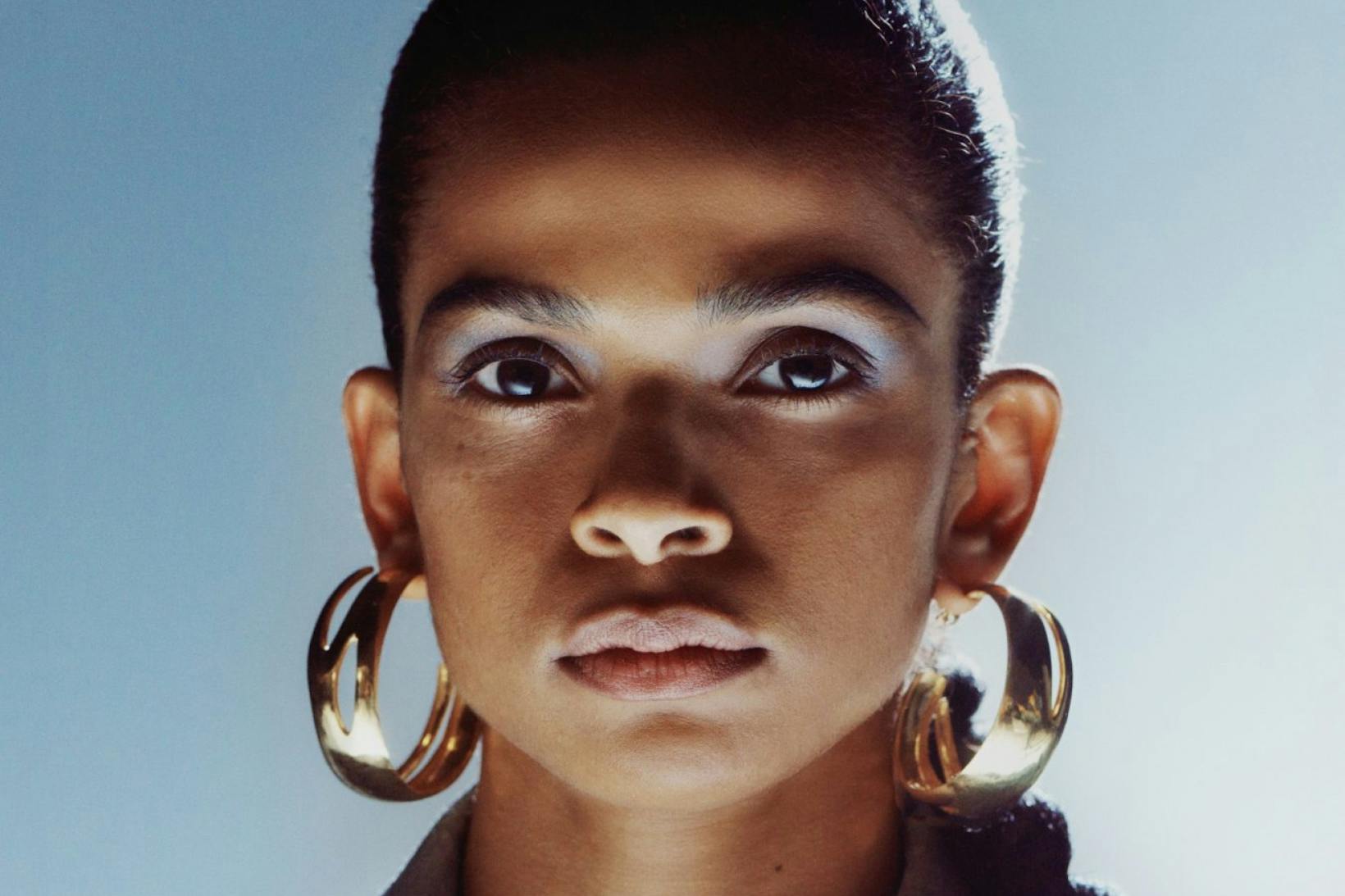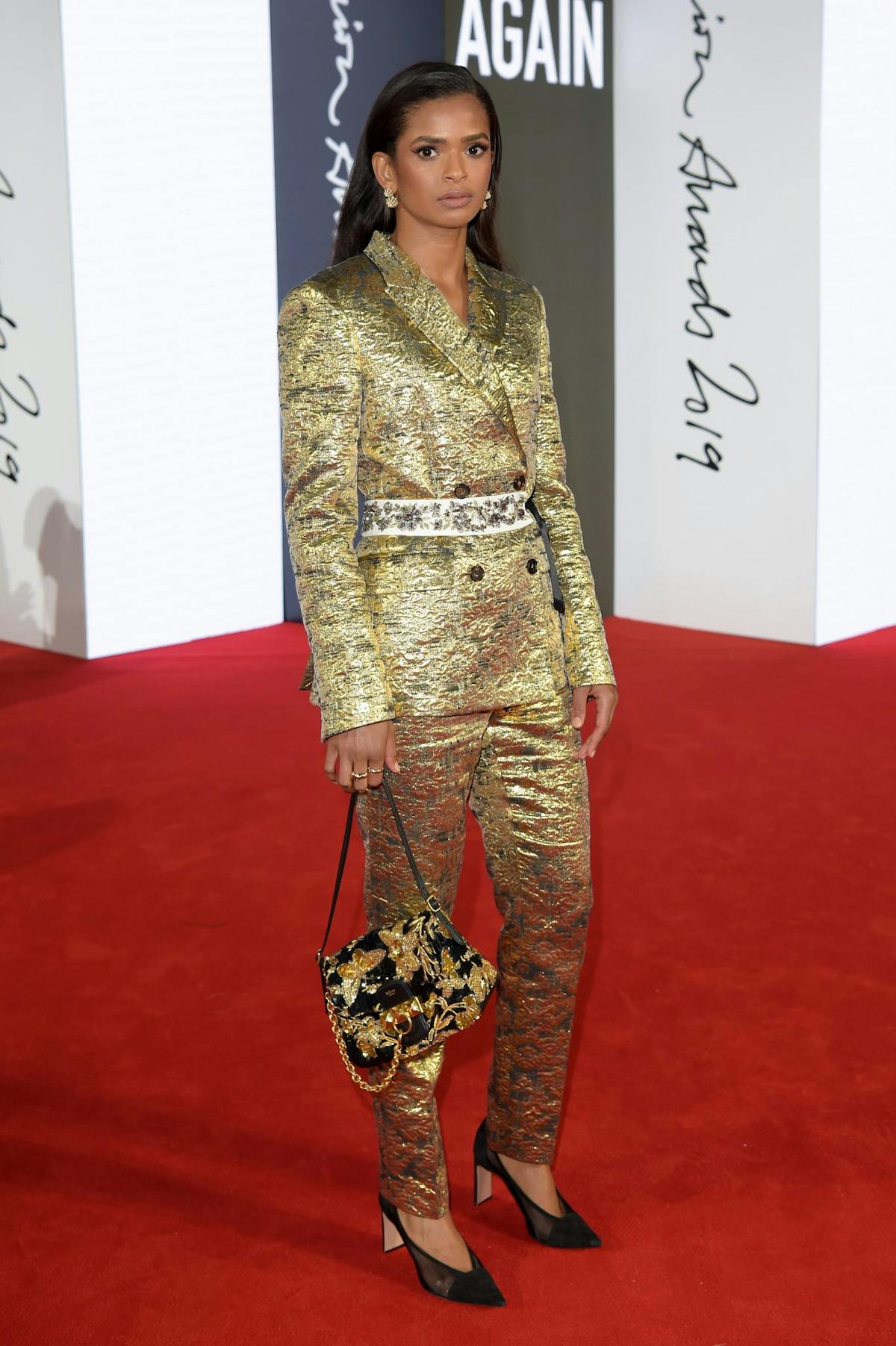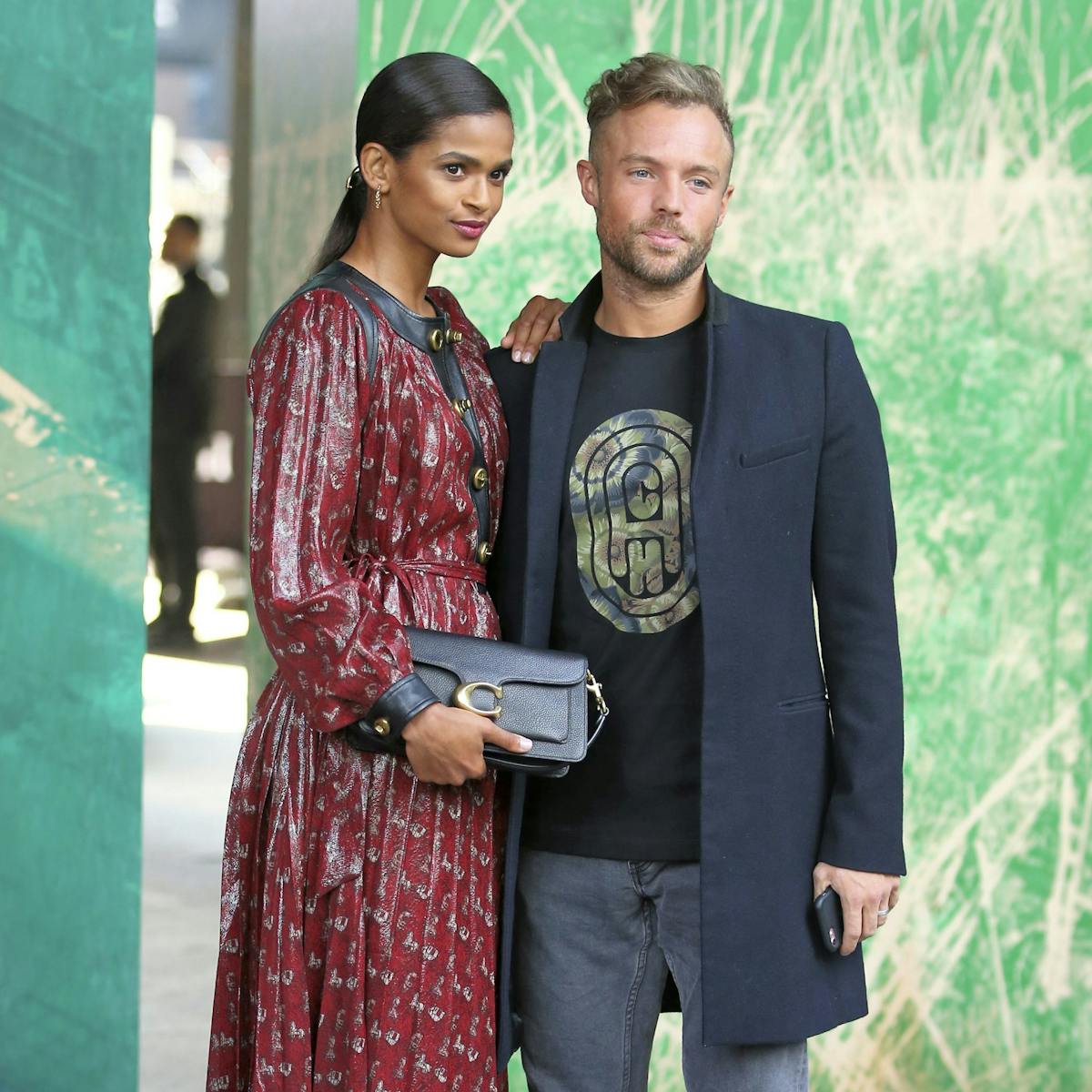DOS_patos
Unverified Legion of Trill member

here are few people you come across with a backstory like Ramla Ali. Born in Somalia, Ali was still a baby when her family fled the civil war after her brother was killed by a bomb in the front yard of their home. Taking a dangerously crowded boat to Kenya – they were among the lucky ones who survived the traumatic nine-day journey – they made their way to a refugee camp.
Eventually the family settled in Whitechapel, east London, where Ali spent her formative years on a council estate. As a teenager she became “considerably overweight” and was bullied at school. “And that’s when I found boxing,” she says.
When Stylist catches up with Ali, the amateur featherweight is in Grand Cayman where she currently trains. With several international titles under her belt, Ali’s next goal is to make it to Tokyo, where she hopes to compete for Somalia’s first-ever medal. “If you’d have told me I might compete in the Olympics all those years ago I would never have believed you,” she laughs. “And yet, here I am.”
When she’s not in the ring, Ali is the face of brands such as Nike and Pantene and last year was picked as one of Meghan Markle’s ‘Forces for Change’.
In December, on behalf of Unicef, she undertook a trip to Jordan to visit Syrian refugee camps. “As a child refugee I was hopeful that in sharing my journey it might help others with theirs, but whatever I’ve achieved is nothing compared to the heroes I met,” she says. And yet here is a woman so determined and driven to meet her goals, ‘hero’ doesn’t seem inappropriate.
You faced adversity very early on in your life – how do you think it has shaped you as a person?
I was really young, not even a year old, when my family decided to leave Somalia, so I don’t remember all that much, although every now and then an image will pop into my head. My elder brother died in the war and sometimes I see images of what he looked like, what he was doing at the time. I remember moments like going to the market with my mum. My older siblings have told me things since then – about what it was like, and about the overcrowded boat trip we took from Somalia to Kenya, where so many people died.
You came very close to death on that journey yourself…
I got really ill. Lots of people were dying of starvation – there were more than double the numbers on the boat than there should have been, so people were sharing rations of sugar. I had contracted head lice and someone on the boat told my mum she should put rat poison in my hair to get rid of it. I was very, very ill after that – my mum was terrified she was going to lose another child.
You’ve spoken about the fact that you don’t know your birth date, so don’t have an official birthday. It must be the case for so many child refugees.
It’s a small thing but it’s how it is for so many. Obviously when you get a passport, you have to choose a date, so I do have a ‘birthday’ – well, actually, I have two passports and two different dates – don’t ask [laughs]. But growing up, we didn’t really do birthdays. My siblings would say, “Oh today’s your ‘birthday’” while doing air quotes – it was always with a slightly mocking tone. I don’t really do birthdays now, although I do accept presents.
Adjusting to life in the UK can’t have been easy – what were the challenges you faced when you arrived?
It was probably hardest for my older sisters. Kids can be quite cruel and my eldest sister was 14 or 15, she didn’t speak the language, she dressed differently. I didn’t really have those things to deal with, although I was bullied at secondary school, mainly for my size. I was judged a lot for my weight and that’s how I initially got into boxing. I started going to the gym and eating healthily and in two years, I went from 82kg to 60kg. I did my first Boxercise class and ended up boxing my way into the ring.
You kept your boxing a secret from your family initially. Was that because you didn’t feel they’d accept it?
Completely – I sort of knew they wouldn’t agree with it. I told my younger brother because he was one of the cool ones – I think I needed an ally. The rest of the family found out when my older brother saw me fighting on TV. It was quite annoying, because I had specifically asked for that fight not to be shown. When I got home, the whole family was gathered in the living room – I guess you could call it an intervention. Obviously they didn’t think a woman should be boxing, so they asked me to stop.
How did that make you feel?
It totally broke my heart. I’d studied law at university so I went to work at a law firm for a while and I didn’t enjoy it one bit. Eventually I started boxing again, then stopped. There was a lot of stopping and starting until I decided to pursue it full time.
You’ve already won several boxing titles and your next goal is the Olympics – what will it mean to you to go to Tokyo and represent Somalia?
The last four years of my sporting career have been really tough, because I’ve been working towards the Olympics without financial support from my country. There wasn’t even a boxing federation in Somalia, so my husband [boxing coach Richard Moore] and I set one up, and it’s been great because other Somali athletes have come forward wanting to join.
It’s tough because in boxing, only two women from Africa are allowed to qualify, whereas they will allow six from Europe – there’s an inequality there and it’s really frustrating.
Your mum has come round to the idea of you boxing and says she will watch you box in Tokyo if you qualify. Does that feel like an enormous pressure?
It feels like the opposite! My mum knows what a struggle it is to actually get to the Olympics, especially if you’re representing Somalia, so she’ll be proud of me regardless. In some ways I feel like going to the Olympics represents something bigger than just me – it’s showing people in Africa that they can do something when they’ve come from nothing, too.
You said your mum is a “greater fighter than I’ll ever be”. How does she inspire you?
My mum’s been through so much in life, just knockdown after knockdown, and she still does it with a smile on her face. She’s illiterate and yet she’s raised six kids and made sure they all went to university and got an education. But my god, she’s fierce [laughs]. You don’t want to get on the wrong side of my mum – she’s really scary.
You recently visited Jordan with Unicef UK and met young women who have lived in conflict in Syria. Why was making that trip so important?
I wanted to bring hope to the girls out there. Before I went to Jordan I worried I might feel out of place in the camp, but once I got there I could see myself in so many of the young women I met. They were all very curious and wanted to hear what it was like to leave conflict and survive and make a life somewhere.
You teach a weekly women-only self-defence class in London. How did that come about?
I started doing the class in partnership with a charity – I thought I’d do it for a month, maybe two, but it’s been going for two years now. It’s a really private class where I teach women from all cultures and walks of life how to box and protect themselves and it’s been amazing – before they started coming, some of the women had never been to the gym in their life. They love it and they’re getting really good at it. Although I still don’t understand why there are hardly any women-only gyms, it’s bizarre.

At the Fashion Awards in London last year.
Last year, you were on the cover of British Vogue as one of Meghan Markle’s ‘Forces for Change’. Was that a proud moment?
Oh definitely, getting that phone call from Meghan was something I’ll probably remember for the rest of my life. I had absolutely no idea she was going to call – the phone rang and it was a private number so I ignored it three times, then when I did pick up I was so rude [laughs]. And she was so nice… She thanked me for agreeing to feature and the whole time I was thinking, ‘As if I’d say no…’
There’s currently a film about your life in the works. Were you surprised when filmmakers got in touch?
I really wasn’t into the idea at first because it just felt so exposing – I didn’t want my life put out there for everyone to see. But I’ll hand it to the producer, Lee Magiday [who produced The Favourite], she was persistent! She came to watch me compete, she took me for dinner, she met my family – over a period of two years she didn’t let it go and now she feels like family. So, I thought, ‘You know what, if my story’s going to be made by anyone, I want it to be her.’
Do you know who will play you?
They’re in the process of casting – I don’t know who it will be. Although I’d love Idris [Elba] to be in it in some form. He’s probably too old to play one of my brothers, but he could be someone, right? I might have to start inventing roles for him…

